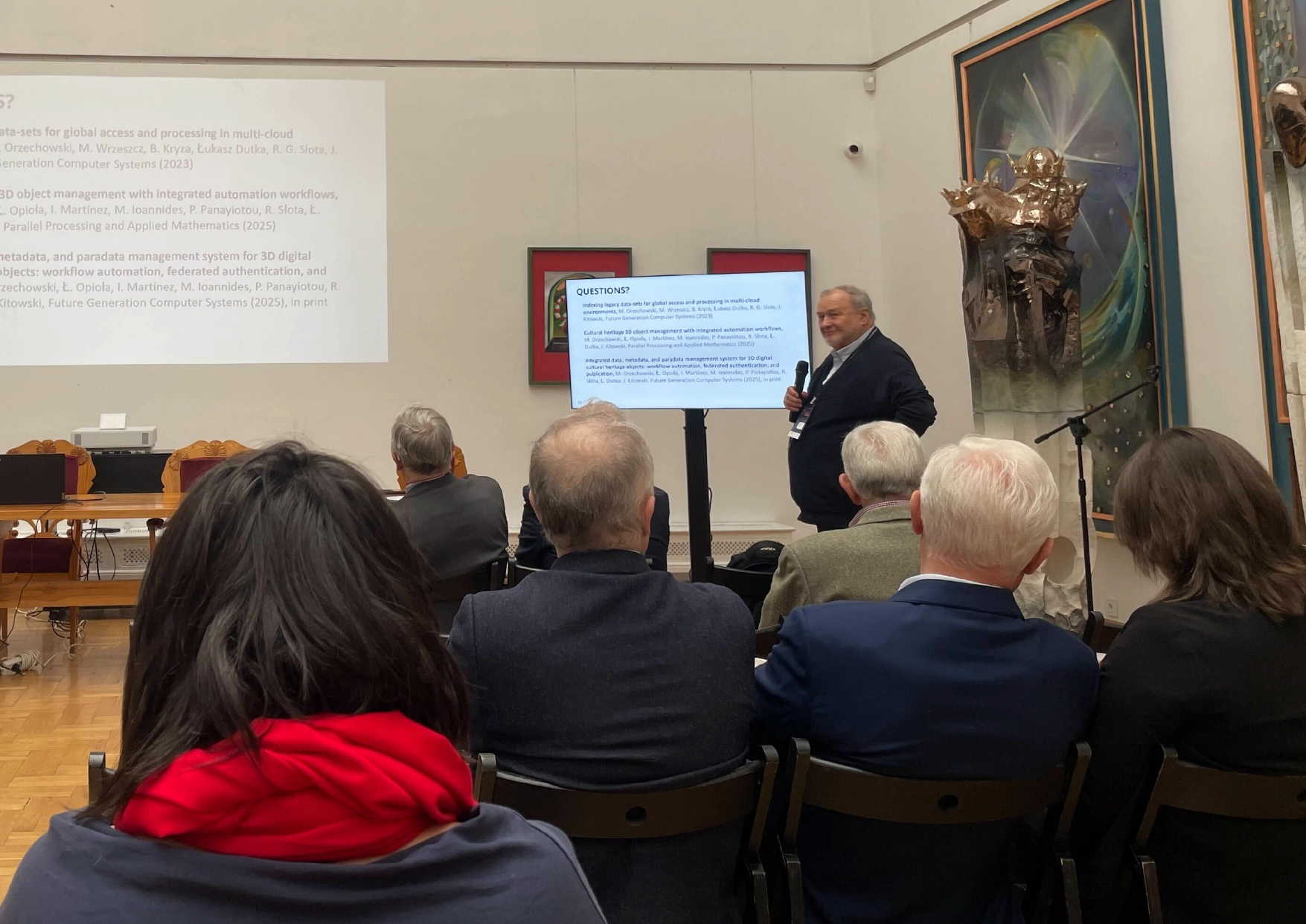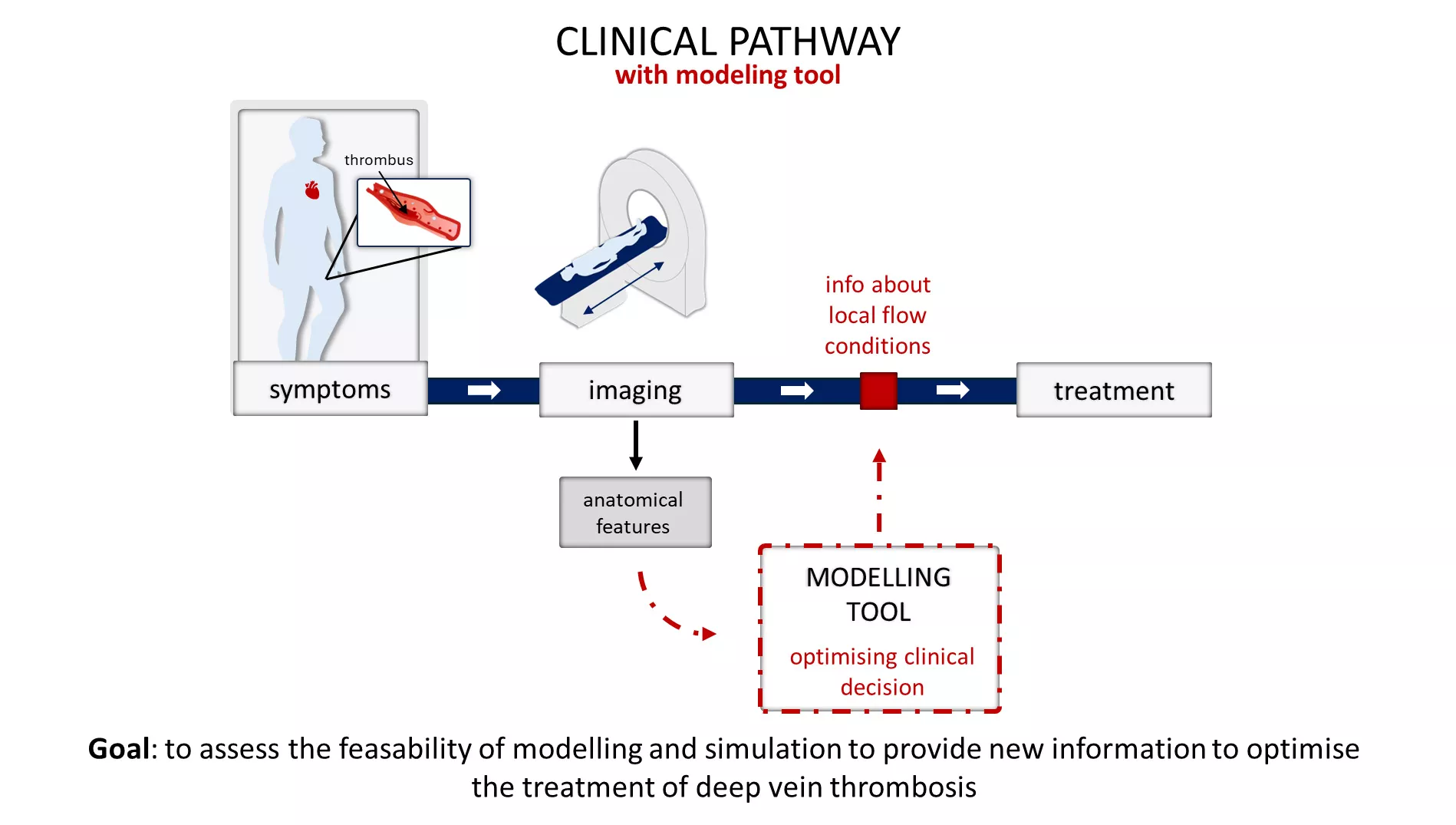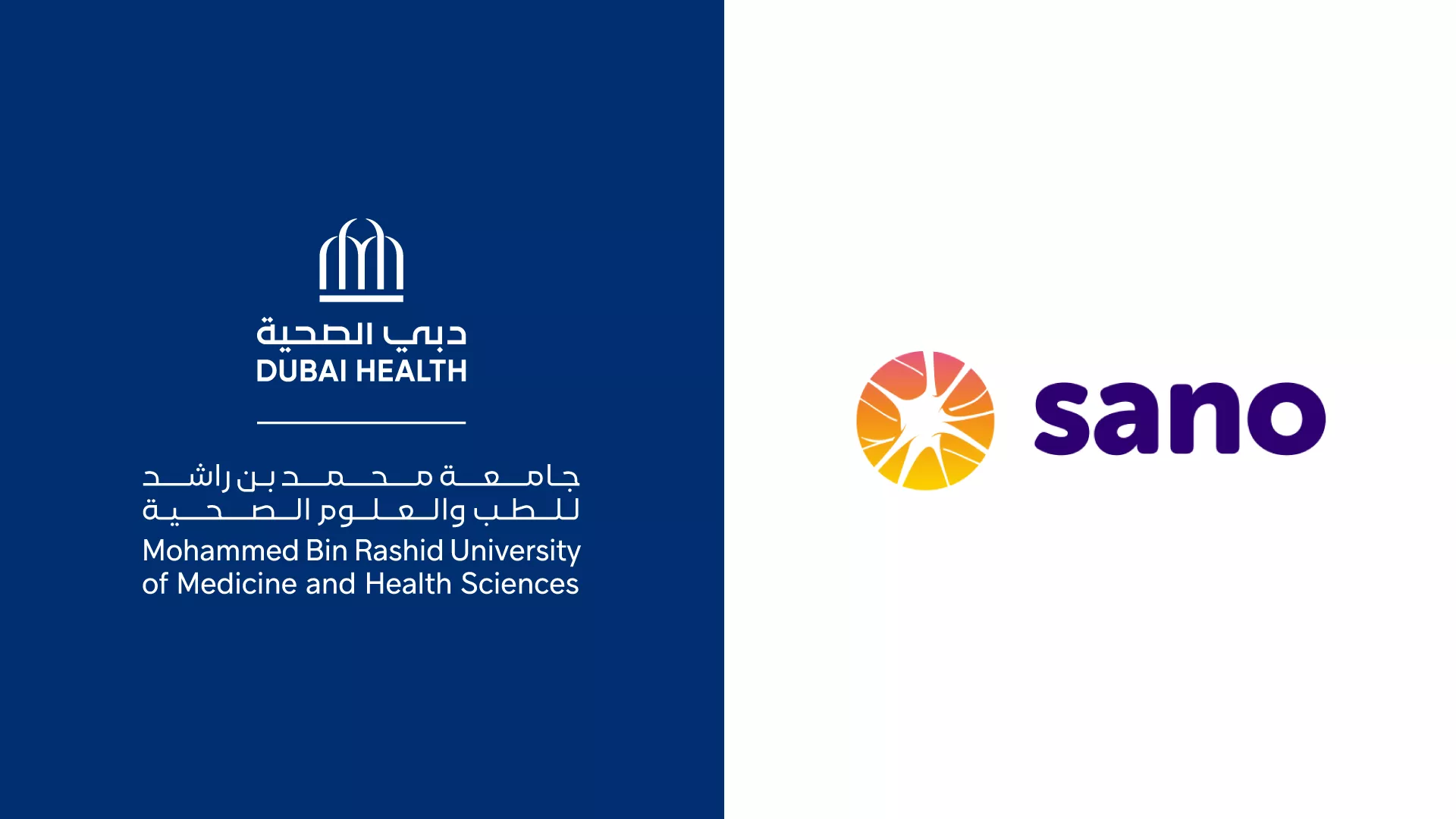
Informatics in Art and Humanities – Conference in Kraków Explored the Digital Future of Culture
On May 19, 2025, the Palace of Art in Kraków hosted the „Informatyka w sztuce i humanistyce” conference — an event at the intersection of technology, creativity, and cultural reflection. The conference was organized as part of the annual celebration of World Telecommunication and Information Society Day.
Bridging Worlds: Where Informatics Met Art and the Humanities
Informatics is becoming ever more present in the way we create, preserve, and interpret culture. From digital twins and AI-generated art to interactive exhibitions and software for cultural heritage visualization — the dialogue between information technology and the humanities has never been richer. This event explored these convergences and fostered interdisciplinary collaboration.
Conference Goals: Connecting Innovators and Cultural Experts
The main goals of the “Informatics in Art and Humanities” conference were to:
- Bring together developers and users of digital tools for the arts and humanities
- Foster collaboration between scientists, artists, curators, humanists, and technologists
- Exchange insights on the effective use of informatics in cultural domains
- Review key projects and case studies that demonstrate impactful integration of technology in cultural work
- Evaluate challenges and ethical concerns, such as the role of AI in artistic authorship or risks related to digital dependency
- Discuss the future of the initiative — including whether it should become a recurring series of events
Initiative with Sano Participation
One of the initiators of the conference was Professor Marian Bubak, Scientific Affairs Director at Sano Centre for Computational Medicine, as well as a member of PTI (Polish Information Processing Society) and ACK Cyfronet AGH. The event was co-led by Professor Tomasz Szmuc (PTI, AGH, TPSP). Their efforts highlighted the importance of building strong bridges between scientific research and cultural practice — and emphasized Kraków’s central role in this emerging dialogue.
Why It Mattered: Technology as a Cultural Medium
The conference served as a platform for exploring not only technological innovation in the arts, but also the philosophical and social dimensions of digital transformation in culture. As the boundaries between digital tools and creative expression continue to blur, understanding their implications is becoming essential for both creators and technologists.




